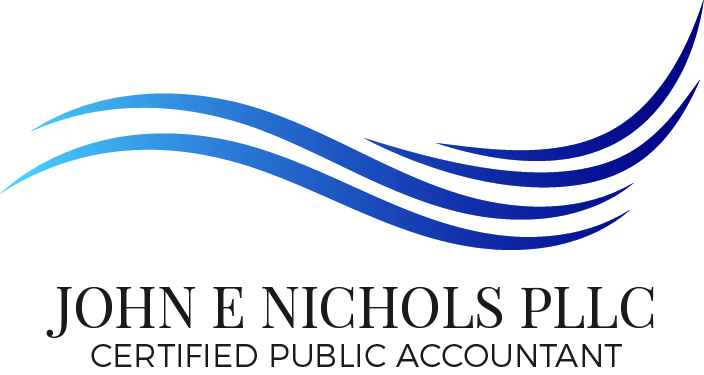Business Expenses:
The IRS defines allowable business expenses as expenditures that are both ordinary and necessary to the operation of your business. An ordinary expense is one that is common and accepted in your industry. A necessary expense is one that is helpful and appropriate for your trade or business. To the contrary, personal expenses are described as “personal, living, or family expenses”.
My advice – The owner should not pay personal expenses from business banking or business credit card accounts. The owner should transfer funds from a business account to a personal account then use the personal account to purchase personal items.
Payroll for the Shareholder-Employee (Owner):
One of the biggest benefits of being incorporated is not paying self-employment taxes on your profits. An individual pays 15.3% self-employment taxes on the earnings of the business.
The courts have found that shareholder-employees are subject to employment taxes even when shareholders take distributions instead of wages. The LLC or S Corporation must determine and report an appropriate and reasonable wage for the shareholder-employee.
My advice – The shareholder should receive a reasonable salary. I advise to pay the shareholders the maximum weekly unemployment reimbursement for their state. The 2017 weekly maximum unemployment rate for North Carolina is $350.
Personal Expenses:
As mentioned earlier, personal expenses are described as “personal, living, or family expenses”.
My advice – Don’t do it. A $30 meal, a $5 movie rental, your apartment rent isn’t worth the pain and frustration of an IRS audit. The penalties and interest on any finding by the IRS will typically double the original amount spent.
Estimated Taxes:
Generally, the IRS will assess penalties and interest if a taxpayer owes more than $1,000 for a tax year. For this reason, individuals should make estimated payments to avoid penalties and interest.
My advice – Individuals should make quarterly estimated payments. Three ways to avoid penalties and interest:
· Have a tax liability less than $1,000 in the current year,
· Pay at least 100% of the previous year tax liability, or
· Pay at least 90% of the current year tax liability
Should you have any questions or would like to discuss any business decisions, feel free to contact me at (910) 392-1900 or john@wilmingtoncpas.com.
John E. Nichols, CPA
September 2017
